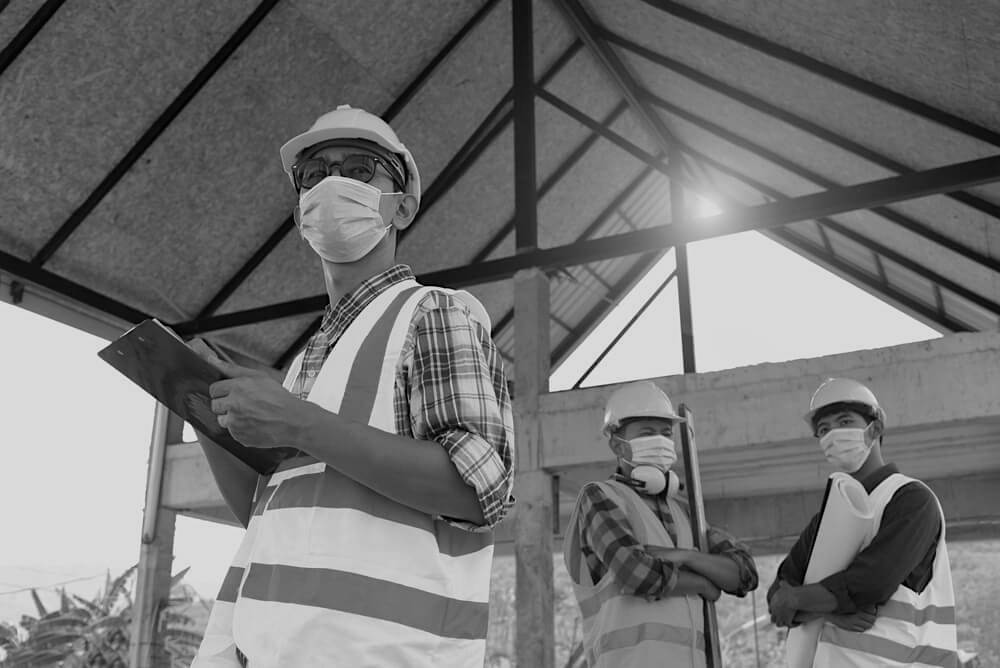
This article was written by TSIB’s Jeremy Pendergast and is published in the Construction News from Austin, Texas- Construction News October 2020 Edition.
In these unprecedented economic times, the ability for Contractors to have a Surety Bond program that meets their need to bid work and sustain their overall capacity to build a backlog is paramount to successfully navigate this changing environment.
Anyone who has worked with a Surety in the past understands that information and communication is King when it comes to maintaining a solid relationship between the Contractor and Surety. This has never been truer than right now. Surety Companies are extremely cognizant of timely reporting of financial statements, job progress reports, and the overall composition of their Contractors’ balance sheets.
Recently during a conversation with a Surety Underwriter, I was told, “Now is the time to be careful, dig in, and understand what our Contractors’ plans are…not to do things on the come and take unnecessary risks.”
There is no time like the present when it comes to taking the steps necessary to secure the ability to bond work and ensure that you have the support of your Surety. Below is an overview of trends from past economic cycles and the steps to take to successfully anticipate these changes and thrive.
Subcontractor Requirement to Provide Bonds
For a number of established subcontractors, bond requirements are often waived due to long-standing relationships with General Contractor’s (GC) or Owners, history of performance, and/or the ability to provide a proven track record. In times of economic uncertainty, GC’s and Owners become leery of subcontractor failure, and we begin to see Performance and Payment bond requirements on contracts that otherwise would have been waived.
This is not necessarily due to the existing relationship having any doubts about a Firm’s ability. Rather, it may be the result of Construction Financing Lenders adding these requirements, GC’s tightening up their risk management strategies, or the General Contractor’s Surety becoming more stringent on their requirements to bond back subcontractors. Requiring bonds is a logical way for these entities to mitigate risk and feel more comfortable with the undertaking.
We have already started to see this unfold in the marketplace; the likelihood of these scenarios continuing to play out makes it important to start preparing your company now. Don’t let a requirement create “a fire drill,” which could put your Firm in a position where you are left getting bonds from a secondary market with less desirable requirements and rates—or simply being disqualified from participation on a bid.
Increased Competition on Bid Lists
Historically when we see signs of economic uncertainty or recessions, areas such as residential and private construction project starts begin to diminish. As a result, an influx of Contractors, who would otherwise work in those sectors, begin to invade the Public Works space. Simply put, you can expect to see the bid list double and triple.
Although these Contractors may have the technical know-how to build a job, often there are struggles with the office administration, paperwork, wage requirements, reporting, and delivery method on a public works project. As this starts to happen, we begin to see bid results that have not been estimated properly which results in the low bidders driving down profits for all involved.
During these times we typically see an inverse correlation between the number of bidders on a project and the size of the project; meaning the larger the project, the fewer the bidders. With this in mind, those who have existing Surety relationships should begin to work with their surety broker to position themselves for bids that may be larger than their standard bonding capacities in an effort to separate themselves from the pack.
Larger Contract Values in Public Works
Projects for larger dollar amounts are another trend seen during economic downturns. This is an attempt by Project Owners to keep unqualified Contractors from being able to easily bid on their work. In the past, we have seen this approach across different trades, whether it be adding extra scope to increase contract values, combining multiple sites under one contract, or pre-qualifying potential bidders based on past completed projects of a minimum dollar amount.
With this in mind, having the capacity to bond work of greater size and scope should generally limit competition in bids and be an overall competitive advantage.
Most indicators show the ability to bond work will be vital to the success of most construction companies. Take steps now with your Surety Broker and other trusted advisors (CPA, insurance agent, banker, and attorney) to ensure you capitalize your balance sheet, retain earnings within the company, secure lines of credit, cut overhead, and discuss your plans—both short and long term. It is important to make sure that everyone is on the same page so that you can navigate these times smoothly. You deserve it, your employees deserve it, and your customers deserve it!
If you have additional questions about your Surety program or want to speak with one of our Brokers, reach out to TSIB today! You may also download our surety solutions brochure below to learn more about TSIB’s surety services.
image credit: Sirisak_baokaew/shutterstock.com


Comments